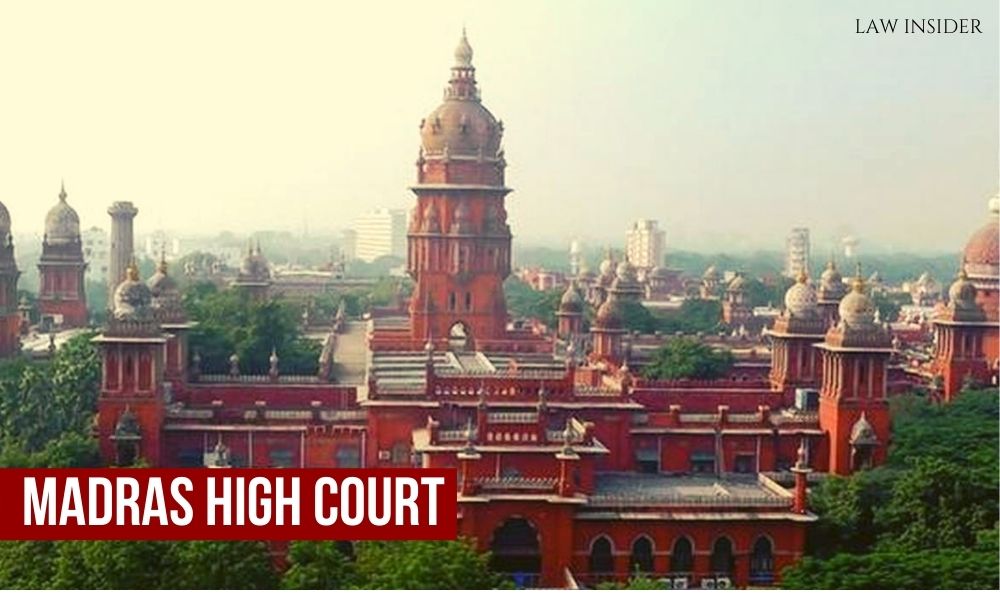Debangana Ray
Published on June 17, 2022 at 19:04 IST
The Madras HC refused to accept a plea of premature release by convicts, Nalini and Ravichandran related to the Rajiv Gandhi Assassination Case.
The Bench comprising of Chief Justice Munishwar Nath Bhandari and Justice N Mala stated that the High court does not have the special powers like the Supreme Court under Article 142 of the Indian Constitution.
Thus, it does not have the power to order their release, like the Supreme court did for another convict of the Rajiv Gandhi Assassination, Perarivalan. Hence, the petition was dismissed as it was not maintainable.
The petitioners sought for premature release before the High Court without the approval of the Governor and also for declaring the actions of the governor who failed to act according to the recommendations of the council of ministers as unconstitutional.
According to the petitioner, she became eligible for premature release in 2001 but she has still not been released.
However, on 9th September, 2018, the Council of Ministers of the Tamil Nadu Government had advised the Governor to release the petitioner under Article 161 of the Constitution.
In the Judgement of Maru Ram v. Union of India, the Supreme court stated that the governor is bound by the advice of the government. But in the present case, the governor has not acted upon the advice of the state government which is unconstitutional.
Previously, the court had observed that Article 161 does not bind the governor to obey the decisions of the council of ministers. Further, the ministers have not been given any power.
The Court had also observed that the powers of the apex court under Article 142 cannot be compared to the powers of the High court under Article 226. hence, the court opined that if the petitioners sought for release, they should move the Supreme Court instead.
The court has previously been reluctant to hear the bail application as there was no legal provision for the convict to seek bail.
Thus, the petitioner was asked to first establish that the bail petition was maintainable after which the court shall hear upon the bail application.

